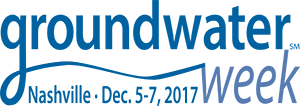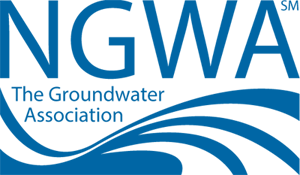Improving Groundwater Management in Myanmar through Capacity Building
Monday, December 4, 2017: 2:30 p.m.
101 AB (Music City Center)
Myanmar is a former military state known as Burma, which was closed for the last half century and recently opened in 2011. Myanmar has been developing fast and the lack of access to basic information on hydrogeology and urban services has resulted in pollution of their shallow aquifer systems. An additional issue is there are no formally trained hydrogeologists within the country. Thus, the objective of this research project was to conduct a hydrogeological reconnaissance and to take the first steps towards capacity building in hydrogeology. The City of Mandalay is located within the flood plain of the Irrawaddy River. The inhabitants of this area depend primarily on both dug and tube wells as their source of water (drinking, cooking, and washing). Many of these wells are located in close proximity to anthropogenic sources of contamination, such as wastewater. Thus, an understanding of the hydrogeology and the interaction between this alluvial aquifer and the Irrawaddy River is critical in order to better manage their groundwater. The sand and gravel alluvial aquifer has a high hydraulic conductivity (K) based on three slug tests and numerical modeling using the analytical element model, GFLOW (Haitjema, 1995). The ranges in K are from 2 meters/day to 67 meters/day. Thus, the first task was to develop a conceptual hydrogeological model in order to have a basic understanding of the local hydrogeology, and delivering it through open-source platforms that would allow our colleagues in Myanmar to build on it. Through a grant from the National Groundwater Association’s Developing Nations Fund, a two week workshop was conducted. Open-source software such as QGIS, GFLOW, and Topodrive were used as potential tools that can help facilitate the development of a capacity building program in hydrogeology.



